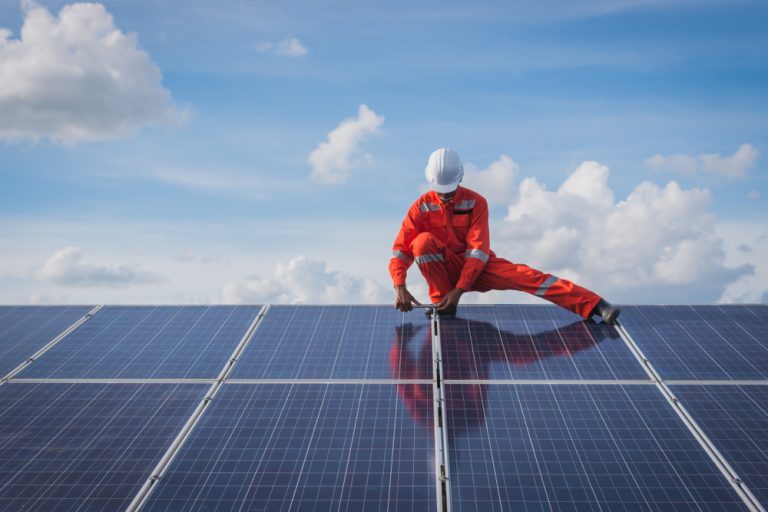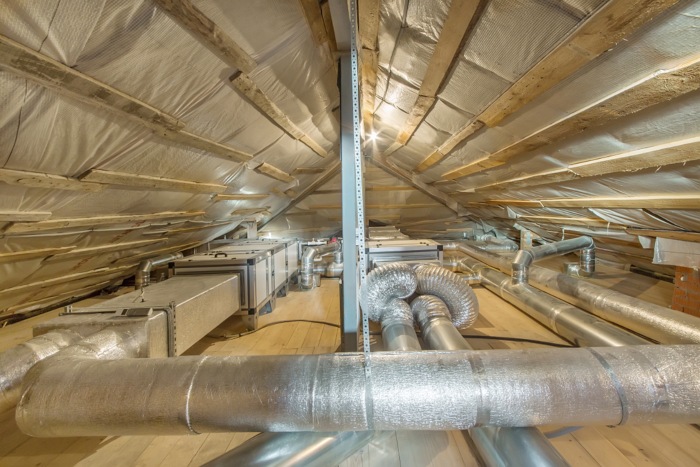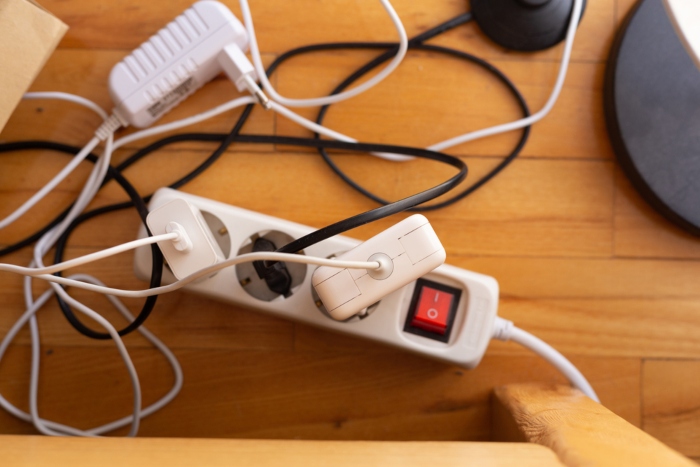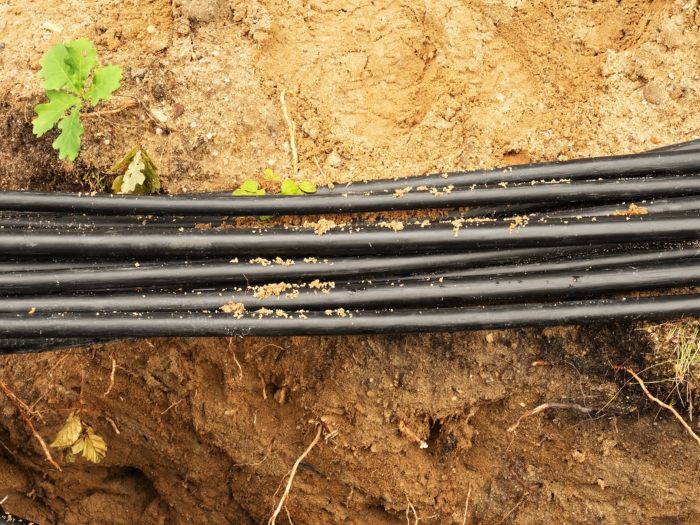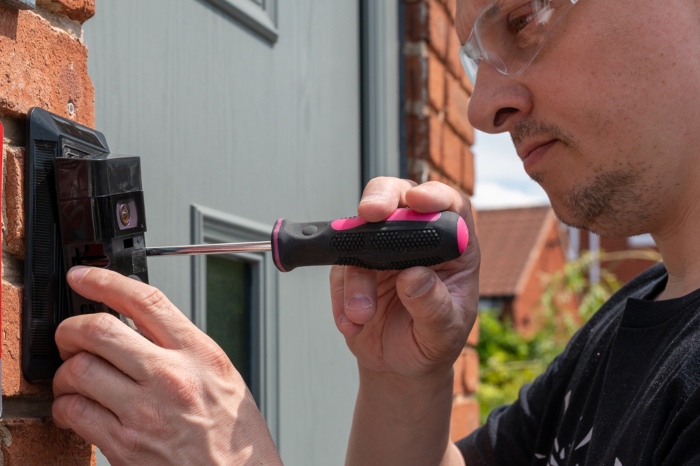
Best Generator for Your Home During Power Outage
The best generator for your home is the one that is right for you. The key considerations are the power requirements of your house, noise level, fuel type, etc. So if you keep these and other variables in mind, you’ll purchase a generator that will provide ample power when a natural disaster strikes your home.
According to the 2021 blackout tracker, more than 1.2 billion hours of power outages were recorded in the United States, a 73% rise from 2019. The data also revealed that California was the most affected state, with Texas ranking second, followed by New York. Interestingly, these states have been on the top list of power outages in the past five years.
So it’s no wonder that many US homes have generators. In this article, RG Electrical services brings its expertise to help you choose the best generator for your home.
Best Standby and Whole House Generator
During any power outage, standby and whole-house generators allow you to keep lights on, use appliances and HVAC systems throughout the house. You have to look at the following features when selecting the generator.
The Needed Wattage Power
Generators are sold by size or power output, measured in watts. To determine the right size for your home, see how many appliances you use. Some are low-draw electronics, while others, such as heaters, ACs, and refrigerators, consume the most electricity in the house.
Each of your electronic appliances has a label with wattage information. You can sum up the wattages and multiply the total watts by at least 1.5. What you get should be the power requirement of your home. However, this may not be an accurate estimate. We advise that you double-check with your power company to determine the exact wattage your home uses for a better decision.
An average house in the US consumes about 5000-7000 watts.
Models That Provide Quietness
The general perception is that generators are very noisy, especially when they run on gasoline and diesel. And this is true as one of the drawbacks of the standby generators is their noise. Typically, the more the size of the generator, the larger noise it produces.
So what can you do if you are too sensitive to noise? Perhaps you can survive a power outage with a smaller generator that will be less noisy. Some of our clients even don’t utilize the full power of their whole-home generators. If so, why not calculate your maximum wattage and buy the unit that produces just enough power you need during rolling brownouts. What if you can do without a dishwasher, hairdryer, and clothes dryer? Then your best bet would be a low-noise inverter generator or portable power station. The latter doesn’t have an engine, and this is why it’s extremely quiet.
Options for Natural Gas and Propane
Most home generators are fueled by diesel, gasoline, natural gas, and propane. However, the best options are natural gas and propane. Although there are many advantages to diesel, such as winter diesel, efficient power output, fuel efficiency, low burning temperature, it produces toxic emissions.
A good alternative is a generator that runs on natural gas or propane. Unlike gasoline or diesel, natural gas produces lower emissions and is very durable. A natural gas generator is a perfect fit for people living in warm climates like in Los Angeles.
Propane as natural gas is a clean-burning fuel and boasts a long-lasting performance. So both propane and natural gas generators are excellent choices for homes.
Models That Kick On Automatically
When selecting the best generator for your home, look for the one that can automatically start at power failure. Many propane units have a Wi-Fi system built in them that enables users to track the generator’s status on a mobile application.
Models With Self-Diagnostic Test
New generation generators have a backup self-testing feature that detects possible issues. The automatic test is done within 10-15 minutes. So what exactly can it reveal?
- Lack of fuel
- Generator leaks
- High fuel level
- Problems with a cooling system
Some modern ones even can transfer data to a computer or your smartphone.
Liquid Cooled Generators
When a generator works, its engine starts to heat up. Many generators use fans to blow air around the engine. Yet, air cooling often isn’t effective and doesn’t last long.
The best generator for your home is the one that is cooled by a liquid. The coolant flows through the engine and soaks up the engine’s heat before circulating through a radiator. There, the coolant cools again and passes back to the engine block.
The liquid-cooled generator is perfect for the Los Angeles climate. Besides, it prevents the whole house or standby units from overheating.
Best Portable Generator for Home
Are there any portable generators that can keep your home run? Surely, yes. However, contrary to standby generators, portable ones have a much lower wattage. They are usually used on camping sites and job sites. If your area is pretty safe from hurricanes, wildfire, or other disasters that cause only occasional short-term blackouts, portable generators are even more preferable.
For instance, a small-or-medium portable generator is meant for essentials, such as lights, microwaves, or refrigerators. You can even find large portable units providing from 7,000 to 9,000 watts, but we don’t recommend them. If you live in an area where a power outage occurs frequently, you may consider buying a whole house or standby generator. Otherwise, look for the following features to get the best generator for your home.
Remote Start
Portable generators with a remote start aren’t easy to find on the shelf. But you will be rewarded if you get one. Remote start allows you to turn on and off the gen from the comforts of your home or your tent on a camping site, no matter the weather.
Wheel Kit
Portable generators are usually heavy, and it’s essential to see that a model you are planning to buy comes with a wheel kit. If you fell in love with a particular generator that doesn’t have wheels, you can consider purchasing a moving dolly separately to place your generator on it.
Fuel Tank
How long your gen can operate depends on the size of the fuel tank. For example, generators with a tank size of 6.6 gallons can run up to 16 hours. And these are usually expensive. 4.4-gallon tanks will give you only 7-8 hours of runtime at 50% load. But keep in mind that the more appliances you use, the shorter the power time. We advise you to go with a larger tank.
Carbon Monoxide Detection
Portable generators often produce life-threatening levels of carbon monoxide. For this reason, we strongly recommend buying a CO detector. Carbon Monoxide or CO detectors gauge the level of carbon monoxide in the vicinity of the engine. If the levels rise too high, an auto safety mechanism is triggered to stop the generator from running.
Dual-Fuel Capability
Some generators have a dual-fuel feature that allows your gen to run either on gas or propane. This gives lots of convenience in regards to fuel availability. For example, when gas prices spike, you can opt for propane, which is usually cheaper than gas.
Home Generator vs. Portable Gen
Home or stationary generators are more advantageous than portable ones.
- They start on automatically
- They can power any appliance in your house
- They can operate 24 hours days, and weeks on natural gas or propane
- They are quieter
Home generators are the best because they are a benchmark in backup power. However, they are expensive, and as a result, more people tend to buy portable generators. Regardless of your decision, we want you to be aware of the following drawbacks of portable generators.
- They generate less power.
- They need to be wheeled out manually.
- They can be started only manually.
- They are noisier.
- The main fuel type is gasoline and as a result,
- They are hazardous due to possible high levels of CO.
Safety In the First Place
Improper interaction with a generator can lead to life-threatening intoxication, electric shock, and fire. To avoid these, please consider the following safety points:
- Unless you use a solar or battery generator, never put it indoors.
- A generator should be at least 15-20 feet from the house.
- Don’t use a portable generator if the weather is rainy outside.
- Keep the generator dry.
- Let the gasoline-run generator cool before refueling the tank.
- Store extra gas in the ventilated space and follow the ANSI storage rules.
- Buy a generator with a CO detector.
- Use a transfer switch.
- If you can’t plug the appliances directly into a generator, use only a specialized extension cord. Consult with your local electrician.
- Don’t plug the generator into your home outlet.
Installing Best Generator for Your Home with RG Electric
Installation of a home generator must be carried out by a professional electrician. Incorrect installation can damage devices and expensive appliances in your house. Moreover, the faulty installation can result in deadly electrocution.
If you need the assistance of licensed technicians to wire your standby generator in Los Angeles or its suburb areas, contact RG Electric. We have served the Los Angeles district for 10years and can solve any electrical issues.


 Call (323) 5215131
Call (323) 5215131
